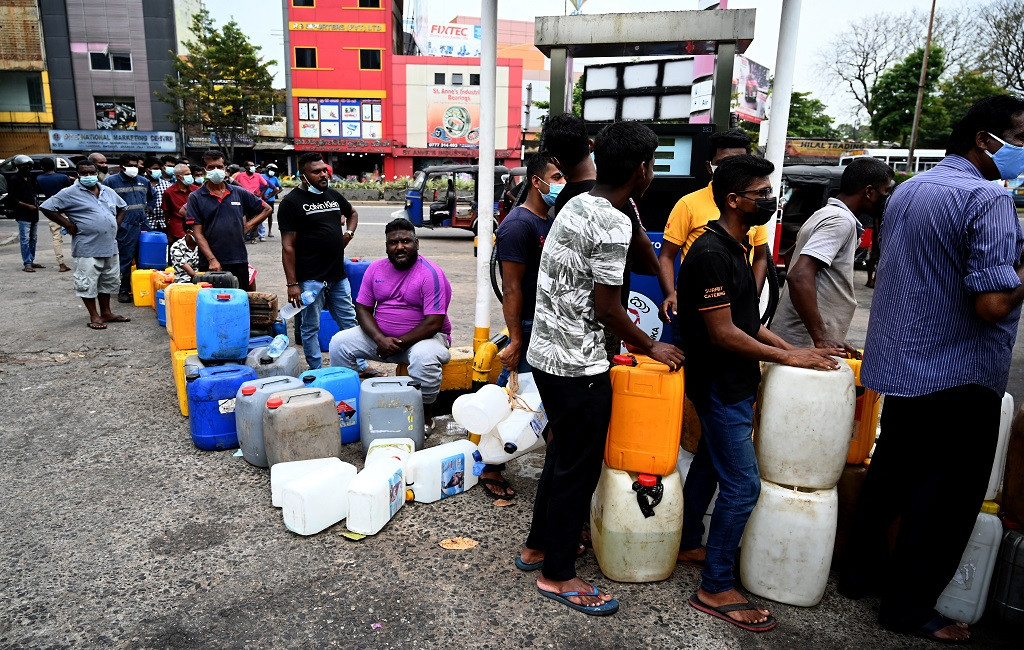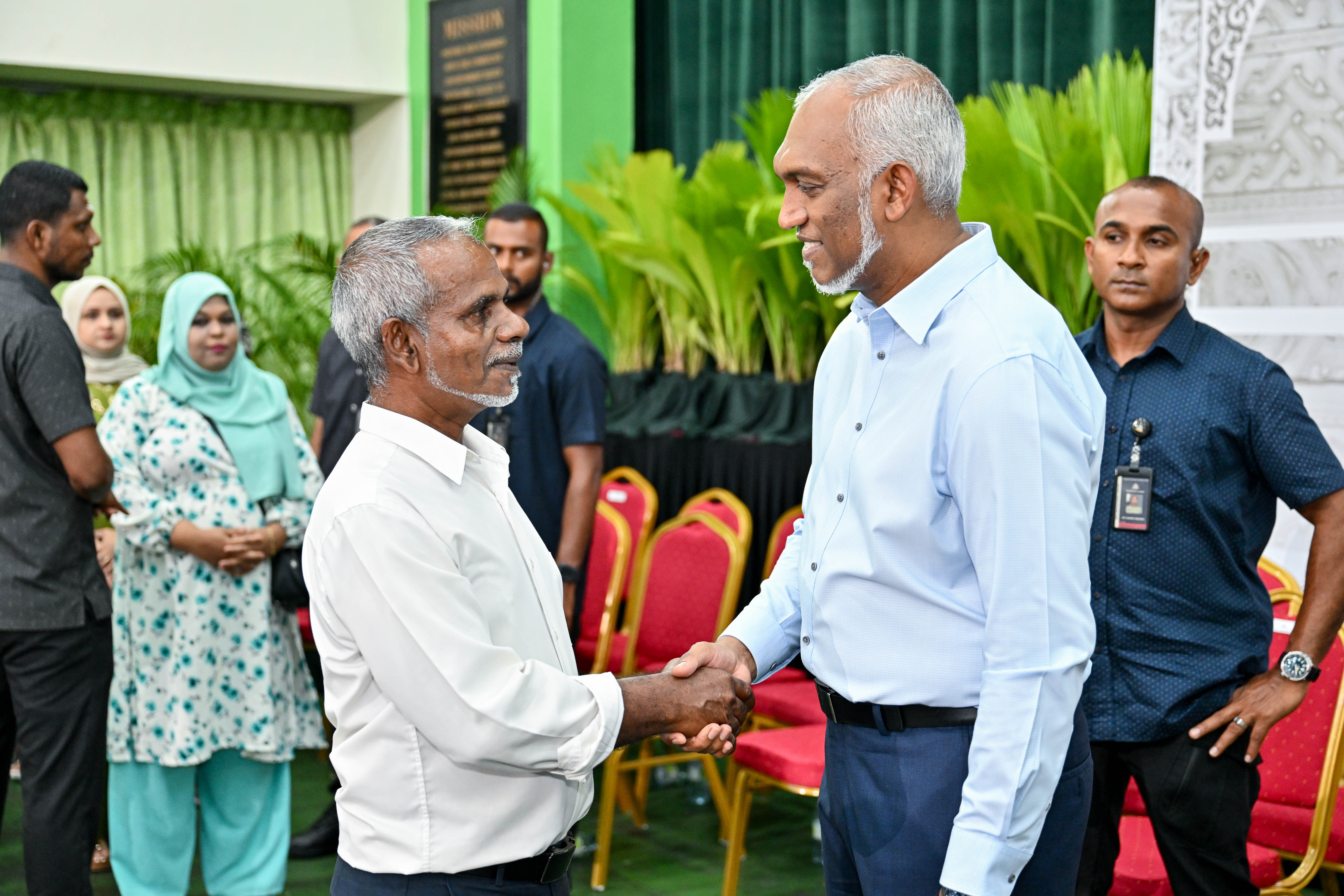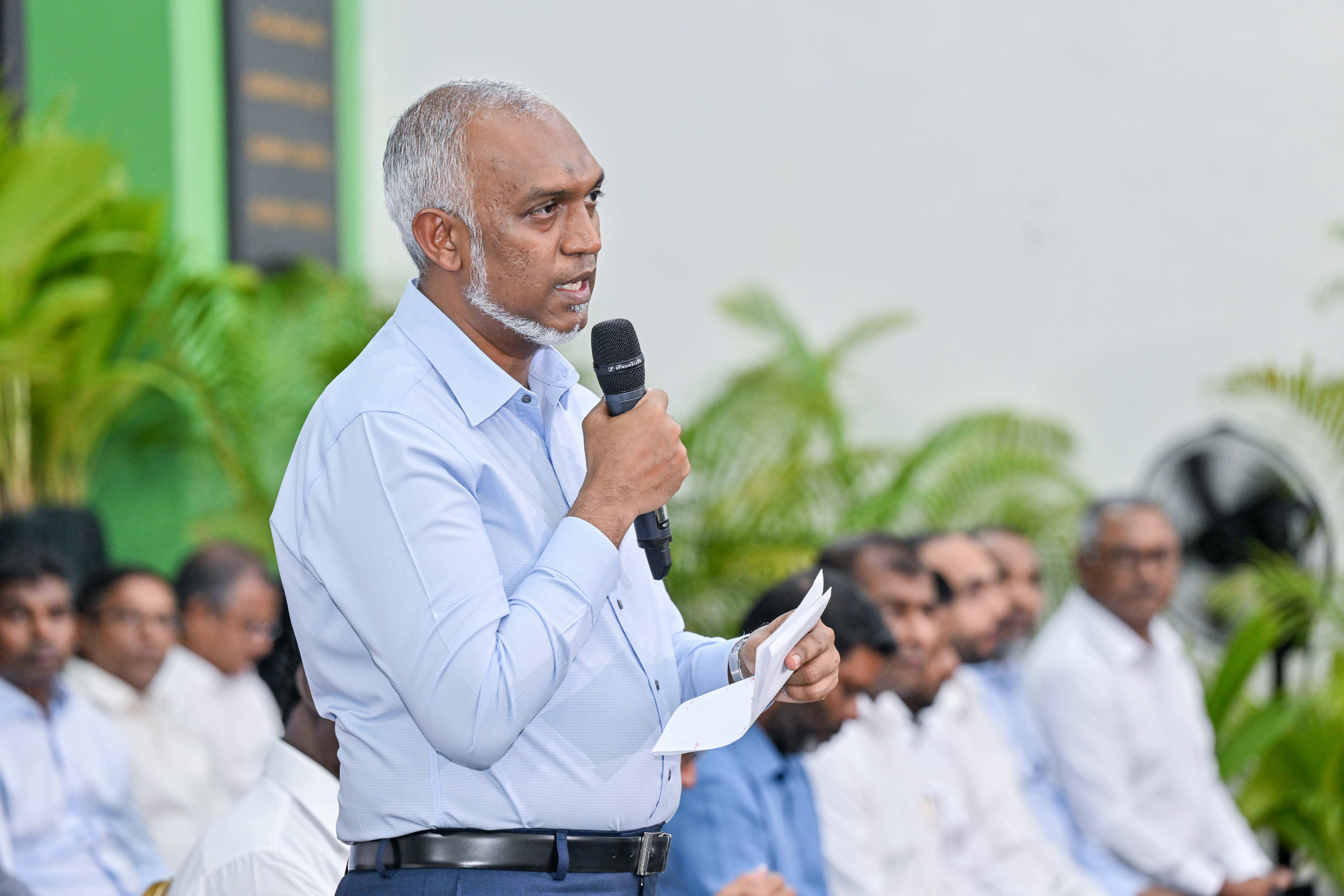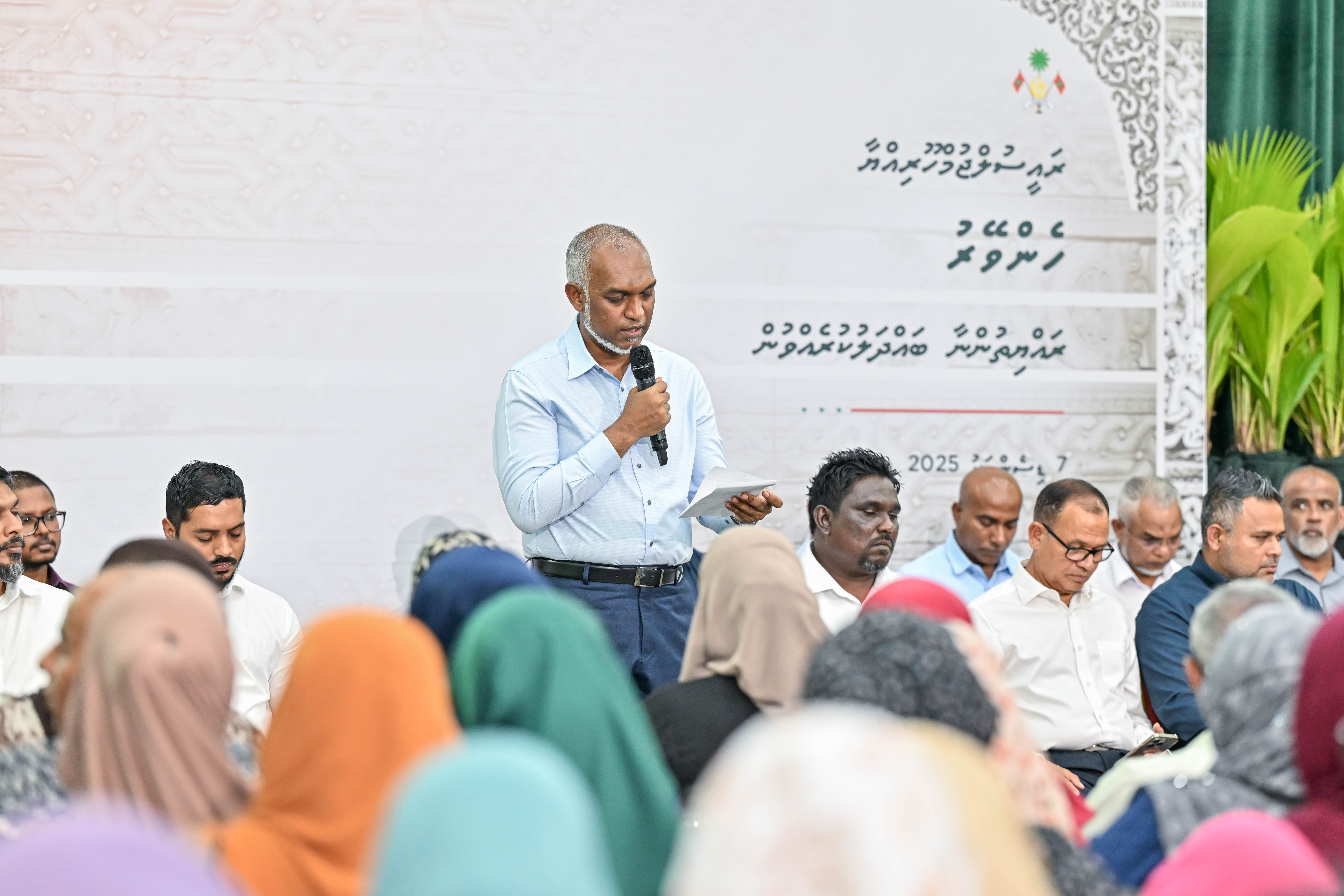Sri Lanka’s central financial institution hiked rates of interest by one proportion level on Friday and urged the federal government to extend taxes because the nation skirts financial collapse.
The Central Bank of Sri Lanka (CBSL) raised the standing deposit facility rate and the standing lending facility rate by 100 basis points (bps) each to 6.50% and 7.50%, respectively.
"We want to be clear that we want to address inflation as one of the key concerns," Ajith Nivard Cabraal, Governor of the CBSL, said in his post-policy news conference.
"We have had 13 years of single-digit inflation and we want to ensure price stability. We are concerned with the increase but we still feel these are largely supply-side driven."
The troubled South Asian island nation is in the grip of a severe foreign exchange crisis that has led to acute shortages of food, fuel, medicines, and industrial raw materials, sending inflation soaring.
Food inflation hit a record 25% in January while overall price increases reached 16.8%, a fourth consecutive monthly record.
Public transport has been crippled since Wednesday with no diesel for buses and large parts of the country of 21 million people hit by lengthy power cuts.
Official data shows Sri Lanka needs nearly $7 billion to service its foreign debt this year, but the country's external reserves at the end of January were only $2.07 billion -- just enough to finance one month's imports.
The Central Bank of Sri Lanka (CBSL) raised the standing deposit facility rate and the standing lending facility rate by 100 basis points (bps) each to 6.50% and 7.50%, respectively.
"We want to be clear that we want to address inflation as one of the key concerns," Ajith Nivard Cabraal, Governor of the CBSL, said in his post-policy news conference.
"We have had 13 years of single-digit inflation and we want to ensure price stability. We are concerned with the increase but we still feel these are largely supply-side driven."
The troubled South Asian island nation is in the grip of a severe foreign exchange crisis that has led to acute shortages of food, fuel, medicines, and industrial raw materials, sending inflation soaring.
Food inflation hit a record 25% in January while overall price increases reached 16.8%, a fourth consecutive monthly record.
Public transport has been crippled since Wednesday with no diesel for buses and large parts of the country of 21 million people hit by lengthy power cuts.
Official data shows Sri Lanka needs nearly $7 billion to service its foreign debt this year, but the country's external reserves at the end of January were only $2.07 billion -- just enough to finance one month's imports.


















